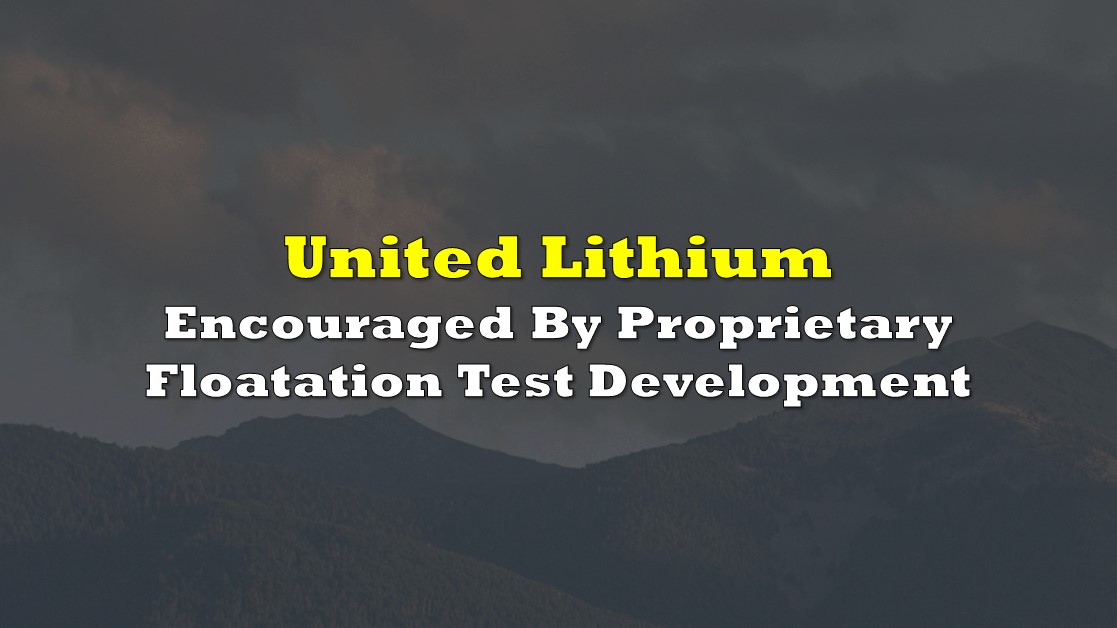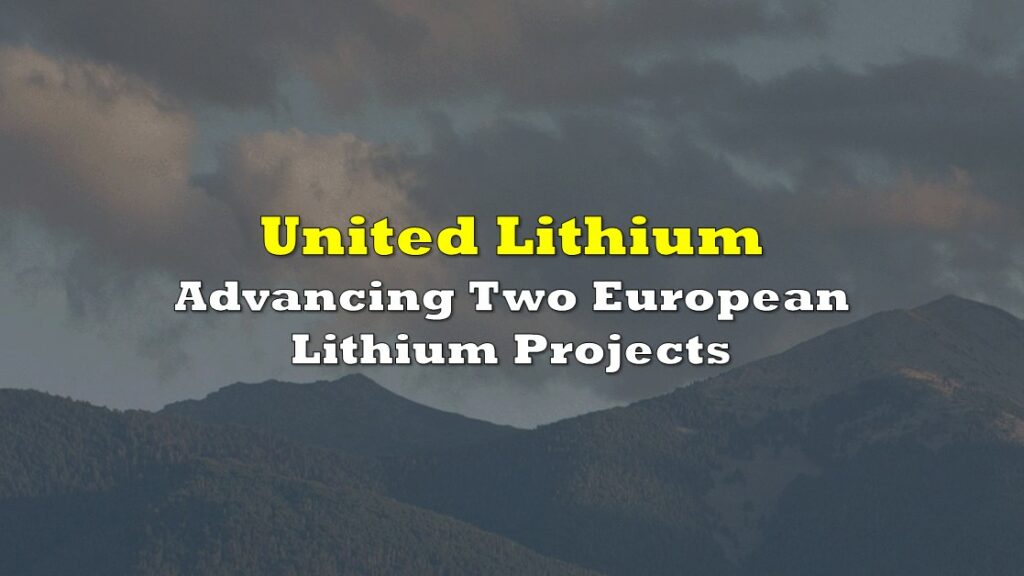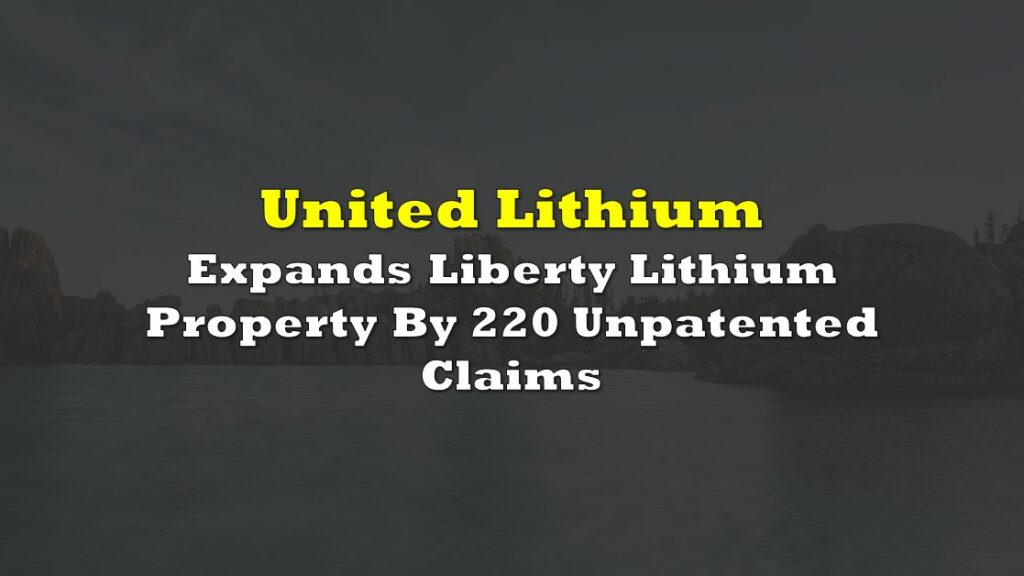United Lithium Corp (CSE: ULTH) this morning released results from ongoing testing of proprietary floatation testing technology. The firm has seen strong results from a sustainable process flowsheet being developed for the recovery of certain lithium minerals from hard rock deposits.

The floatation testing is focused on the recovery of spodumene, which is the primary lithium mineral that is concentrated within hard rock deposits. Testing was conducted on pegmatite samples collected at an undisclosed property in Canada, with the samples known to contain between 1.4% and 2.1% Li2O. The tech, once fully developed, is then expected to be able to be applied to other spodumene ore deposits.
Testing of the samples utilizing the proprietary tech yielded grades as high as 8.39% Li2O, reflecting recovery rates of 40.6%, while other samples yielding 6.40% Li2O saw recovery rates of up to 70.3% within the lithium bearing pegmatite.
The technology being developed is viewed as a “greener” tech due to lower temperatures used, as well as shorter processing times and lower chemical needs when compared to other technologies used to extract lithium from hard rock deposits. As a result, the company has been encouraged by the results, with the firm pushing forward to use the tech on its own lithium-rich pegmatite material from its Barbara Lake Lithium project in Ontario, as well as its project in Sweden and future projects it may acquire.
The company has indicated that it’s ultimate goal is “commercializing a sustainable and robust process flow sheet to produce lithium concentrate as well as high grade lithium carbonate that will accommodate multiple sources of feed material with little or no modification to the process,” as per its CEO Michael Dehn. Development of the process flowsheet is expected to continue as a result.
United Lithium last traded at $0.52 on the CSE.
FULL DISCLOSURE: United Lithium is a client of Canacom Group, the parent company of The Deep Dive. The author has been compensated to cover United Lithium on The Deep Dive, with The Deep Dive having full editorial control. Additionally, the author personally holds shares of the company. Not a recommendation to buy or sell. Always do additional research and consult a professional before purchasing a security.











